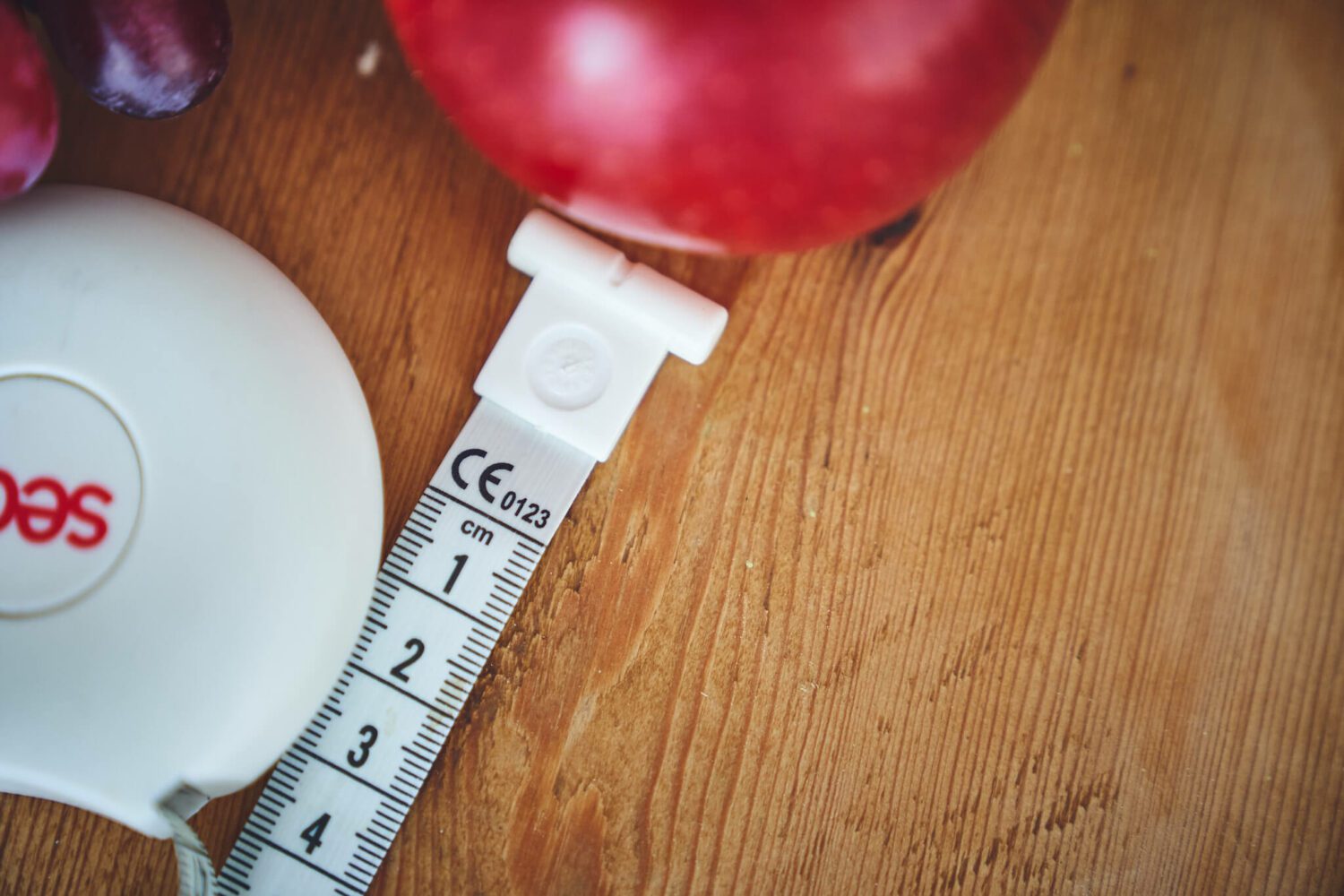

How to Set Nutrition Goals
When getting started in your Nutrition journey, it can be difficult to know where to begin. Goal setting can be the best way to outline what it is you are trying to achieve.


When getting started in your Nutrition journey, it can be difficult to know where to begin. Goal setting can be the best way to outline what it is you are trying to achieve.
When getting started in your Nutrition journey, it can be difficult to know where to begin. Goal setting can be the best way to outline what it is you are trying to achieve, this will set goals which will help hold you accountable whilst staying on track. When it comes to trying to achieve behaviour change in nutritional habits it’s important to remember that goals need to be realistic and achievable to keep you on track. That’s why a good way to set goals in nutrition is through S.M.A.R.T goal setting. In this article, we talk you through the best way to set your nutrition goals to help you achieve your desired outcome by following Specific, measurable, achievable, realistic and time-bound goals.
When it comes to Nutrition, you might have several ideas of what you want to do and how you want to achieve it. However, this can become confusing and overwhelming meaning you are more likely to lose track of the main goal of your nutrition. The best way to make your nutrition goal specific is to write down everything that comes to your mind in the first instance, from this point start to marry up what can be tied into one goal i.e eating more fruit, eating more veg, cutting out unhealthy snacks and losing weight could tie into incorporate 5 pieces or fruit and veg into your daily diet to replace unhealthy snacks.

Another aspect of nutrition goal setting is making sure the goals you set are measurable, ensuring your goals are measurable becomes an easy way to stay on track with them. Having a clear process for how your measure your progress will hold you accountable for reaching the desired outcome, a good way to keep track of these is an online or paper journal.
If you are looking to improve you improve nutritional foods in your main meals, you might set to include a certain number of vegetables in dinner each night. Whatever way works best to measure your progress in your goal setting, this would be easy for you to keep track of whilst also staying on track each day with a measurable goal in front of you.

One thing to learn when it comes to goal setting for your nutrition is understanding how you can set goals which are achievable for yourself. If you are setting goals which seem impossible to reach in your head, it is likely that will limit you from reaching them. To make sure a goal is achievable then sit down and think about what is your overall aim, then map this out in your everyday life. Are you looking to make sure you eat 3 nutritious meals idea, are you wanting to change the time you eat or do you want to cut back on snacking?
Ask yourself the below questions:
Some of the above questions can indicate the difference between setting goals and setting achievable goals. For example, you may want to eat 3 meals a day at consistent times, but your working hours interfere with that, therefore can you adapt this slightly to work?
Realistic goals again come back to make sure you are able to actually achieve your desired outcome, if you aren’t realistic when setting these nutrition goals it may knock both your confidence and motivation in your nutritional progression. In order to be realistic, you should use set an overall goal which could be to start eating to improve your overall health. To then start making these realistic, set mini goals within it which will hold you accountable whilst contributing to that main goal, this could be to increase vitamins and minerals intake or adopt a healthy diet.

When it comes to setting time-bound goals, is the main part which helps you track your progression and stay on track with it. If you have no time limit set to the goals you are creating, it is easy to sway off track and start to lack motivation. Whereas when you have a clear ‘end date’ each day you progress you will feel more motivated to continue. Again, this comes down to accountability, when aiming to improve your health small changes can fall off quickly when you lack the interest or motivation in a goal, the fact this is time-bound will improve that.
When it comes to wanting to improve your nutrition goal setting is a key part of success, often if you choose to see a Nutrition Coach or a registered dietitian, they will want to know your main goal or reason for this. In order to make a long-term change in your nutrition, you need goals to break down the process of getting there, this will contribute to overall behaviour change in the long run.